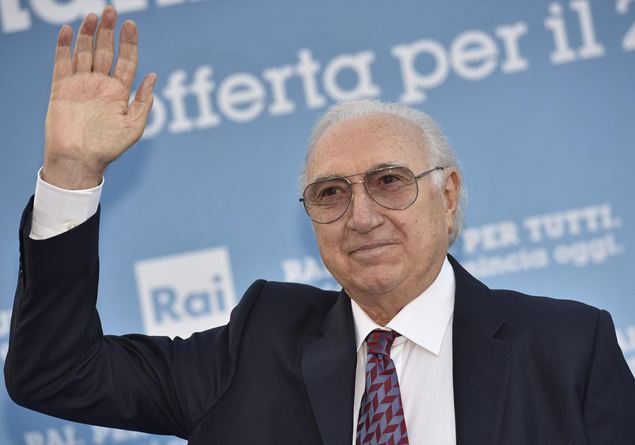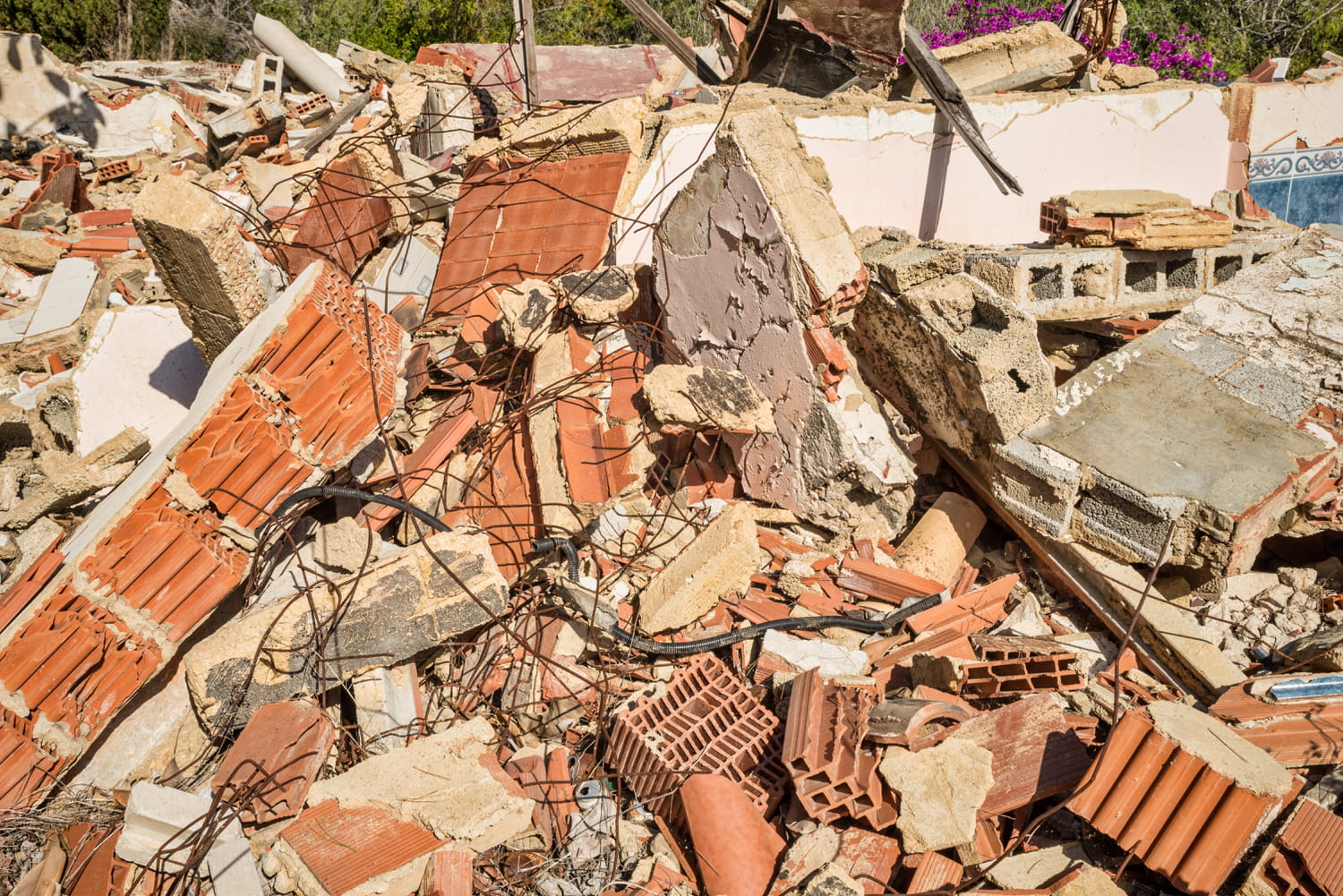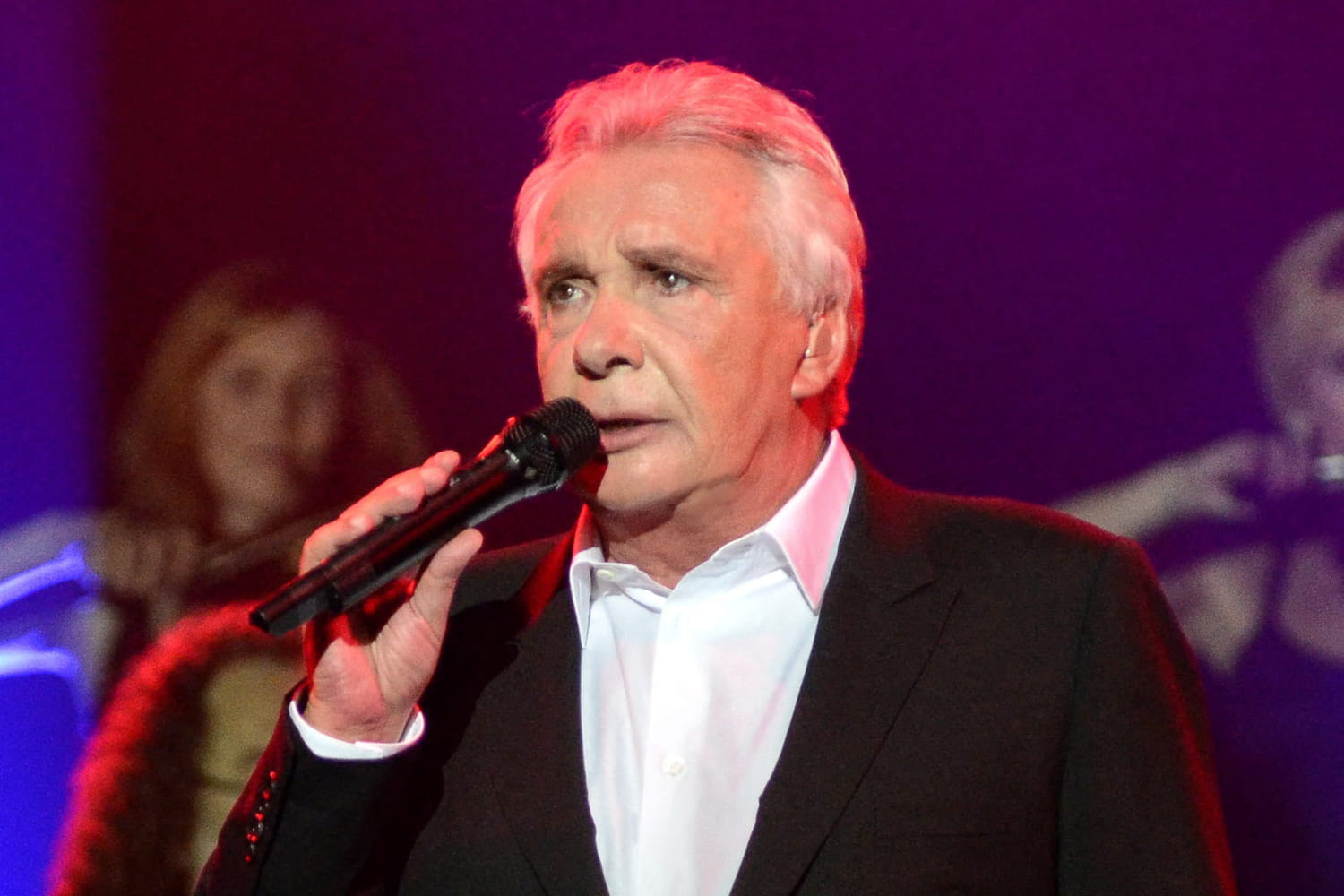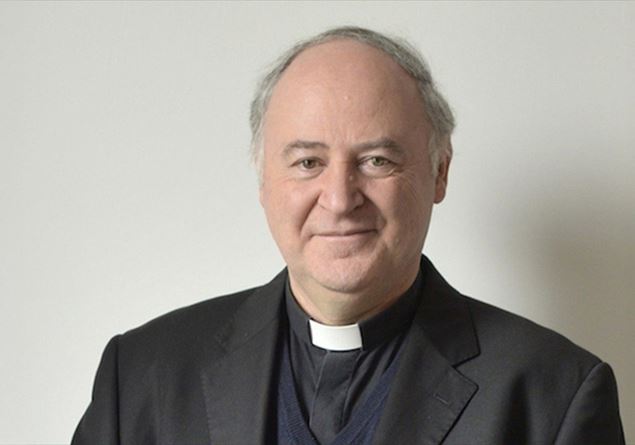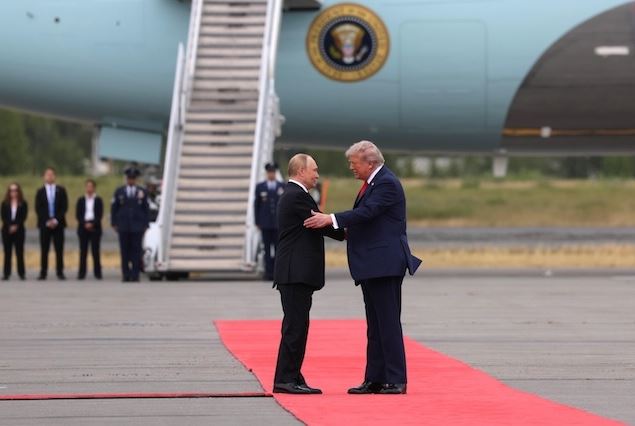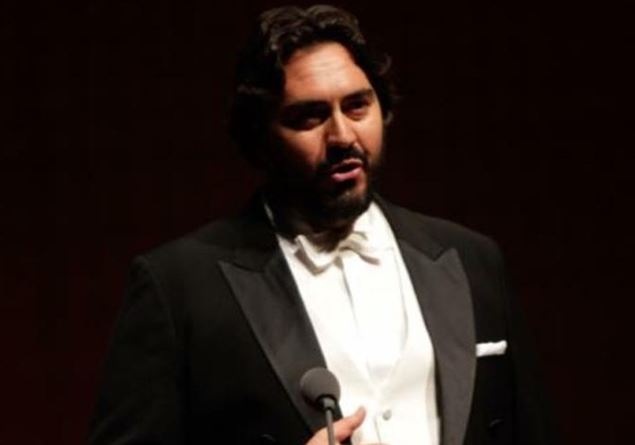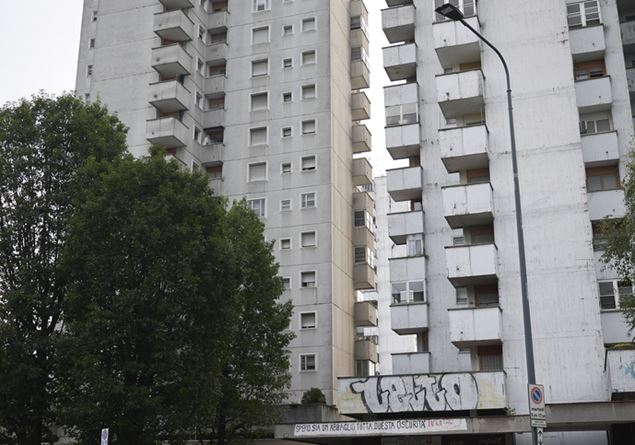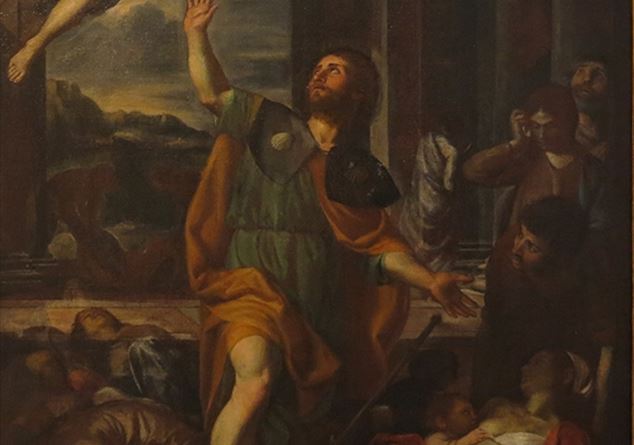Monsignor Renzo Pegoraro was appointed by Pope Leo XIV new president of the Pontifical Academy for Life (Pav), Having succeeded the archbishop Vincenzo Paglia, who reached 80 -year -old retirement age. The appointment, announced on May 27, 2025, represents the arrival point of a professional and academic path that saw Pegoraro protagonist in the bioethical and theological-moral field.
Who is Renzo Pegoraro
Born in Padua on June 4, 1959, He graduated in Medicine and Surgery from the University of Padua in 1985. After taking his studies in philosophy and theology, he received priestly ordination on 11 June 1989, including in the diocese of Padua. His formation was enriched with the license in moral theology achieved at the Pontifical Gregorian University in Rome in 1990, and the specialization diploma in bioethics at the Catholic University of the Sacred Heart. He deepened his preparation with a semester of study at the Georgetown University in Washington. Pegoraro has held several important positions in the Italian and international panorama of bioethics and moral theology. He was a professor of Bioethics at the Theological Faculty of Triveneto and, since 2000, professor of Nursing Ethics at the “Bambino Gesù” pediatric hospital in Rome.
From 1993 to 2011 he was Secretary General of the Lanza di Padova Foundationcenter of advanced studies in ethics, bioethics and environmental ethics, of which he remains scientific director. He was president of the European Association of Centers of Medical Ethics (EACME) from 2010 to 2013.
Monsignor Pegoraro serves at the Pontifical Academy for Life since 2011, the year in which he began to recall the role of chancellorthe second most important charge of the institution, with the task of promoting research, information and training on the main problems of bioethics and bioditizing, in relation to the defense and promotion of human life.
In his new role of president, Pegoraro said he intended to continue the work done in recent years, enhancing the specific skills of the international and interreligious group of academics that make up the Academy. He underlined the importance of themes such as global bioethics, dialogue with scientific disciplines, artificial intelligence, biotechnology, and the promotion of respect and dignity of human life in all its phases.
Commitment and vision
Pegoraro has published numerous volumes, articles and essays in the field of bioethics and moral theology, consolidating his reputation as an internationally recognized expert.
His appointment as president of the Pontifical Academy for Life He arrives in a crucial moment for the institution, which, according to the statutes updated by Pope Francis in 2016, has as its main objective the defense and promotion of the value of human life and the dignity of the personwith particular attention to personal care in the different ages of existence, to mutual respect between genres and generations, and to the promotion of a quality of life that integrates the material and spiritual value. Monsignor Renzo Pegoraro, in his new role as president of the Pontifical Academy for Life, is facing a series of central challenges that reflect both the complexity of the contemporary context and the specific mission of the institution.
Among the main challenges:
• Dialogue between science, ethics and spirituality. Pegoraro will have to promote a constructive comparison between the life sciences, moral philosophy and spiritual dimension, so that bioethics reflection is increasingly interdisciplinary and rooted in the dignity of the human person;
• New technologies and artificial intelligence. The Academy is called to reflect on the ethical implications of biotechnology, artificial intelligence and robotics, themes that ask unpublished questions about the nature of the human and on the limits of the technological intervention on life.
• Global and inclusive bioethics.The president will have to develop a “global” bioethics, capable of dialogue with pluralist societies and dealing with issues such as intergenerational justice, sustainable development and the care of creation.
• Promotion of the culture of life.The defense and promotion of human life in all its phases, from start to natural end, remains a priority, with particular attention to fragility, disabilities and social inclusion.
• Response to anthropological challenges.Pegoraro will have to guide reflection on the “mystery of man” in an era of rapid technological and cultural changes, helping to rediscover the centrality of the human compared to technique and economy.
• International and interreligious collaboration.The Academy intends to strengthen its international dimension, collaborating with universities, research centers and institutions of different cultures and religions, to encourage a public and inclusive debate on the great issues of life.
• Personal care and narrative medicine.Particular attention will be aimed at the ethics of care, narrative medicine and palliative care, with an approach that integrates the spiritual dimension in medical practice.
Monsignor Pegoraro finds himself leading the Pontifical Academy for Life in a moment of profound transformation, in which bioethics must be able to respond to global, technological and cultural challenges, without losing sight of the centrality of the human person and his dignity at every stage of life. The profound knowledge of bioethic themes and the ability to dialogue with the scientific and interreligious world make it an ideal guide to face the contemporary challenges of the defense of human life and dignity.
Cover photo, Vatican News

